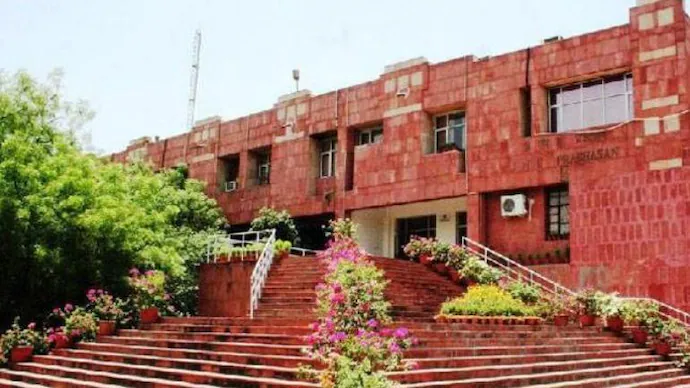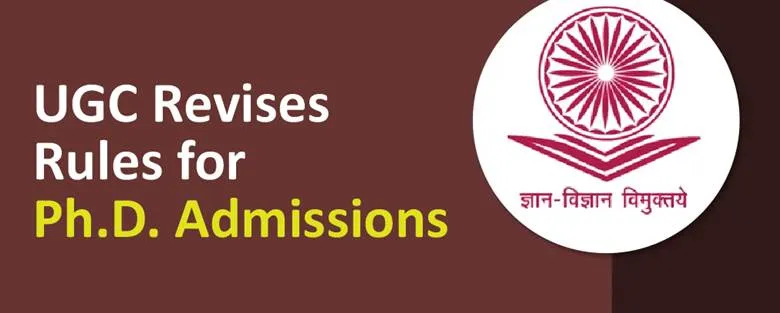JNU hosts first Indian Knowledge Systems conference with 100+ papers
JNU Launches Inaugural Indian Knowledge Systems Conference, Spotlighting Over 100 Research Presentations
In a landmark move toward reclaiming and revitalizing India’s indigenous intellectual traditions, Jawaharlal Nehru University (JNU) launched its first ever Indian Knowledge Systems (IKS) Conference this July. Organized by the university in collaboration with key national bodies such as the Ministry of Education, the Indian Council of Historical Research (ICHR), and the Indian Knowledge Systems Division of the Ministry of AYUSH, the three day academic event featured over 100 peer reviewed research papers across a wide spectrum of disciplines. The event marked a new chapter in JNU’s academic focus, reflecting the growing momentum behind decolonizing education and integrating traditional wisdom systems into contemporary research frameworks.
The inaugural ceremony was graced by Vice President Jagdeep Dhankhar, who emphasized the importance of restoring India’s civilizational heritage within its academic discourse. In his address, the Vice President described the conference as a “celebration of knowledge continuity” and a step toward “intellectual sovereignty.” He underlined the need for India to reclaim narrative control over its historical contributions to global knowledge systems ranging from mathematics and astronomy to linguistics, philosophy, and Ayurveda. The event drew scholars, practitioners, and students from over 20 states, with participation from more than 70 academic institutions nationwide.
The central theme of the conference, “Resurgence of Bharatiya Knowledge Traditions,” encapsulated its mission to examine and revive India’s ancient systems of knowledge, not merely as relics of the past but as living bodies of thought capable of informing present day challenges. Research presentations spanned diverse fields such as Vedic sciences, Sanskrit literature, Indigenous ecological practices, traditional medicine, and ancient logic systems. Each session encouraged dialogue between modern methodologies and classical epistemologies, setting a tone of respectful interdisciplinarity. Many presenters focused on how ancient texts and oral traditions could be harmonized with contemporary scientific paradigms.
One of the highlights of the event was a panel on Sanskrit and Computational Linguistics, which explored the sophisticated grammatical structures of Panini's Ashtadhyayi and their relevance to modern language processing algorithms. Another popular session focused on ancient Indian agricultural practices, showcasing research on sustainable farming methods used in Vedic times and their relevance in combating present day climate change. A significant number of papers also addressed healthcare, exploring the Ayurvedic concept of holistic wellness, and how it intersects with modern preventive medicine. These sessions reflected a growing interest in how time tested Indian knowledge can be used to address global 21st century problems.
The event was not without its challenges. On the second day of the conference, a group of students from left aligned organizations held a small protest outside the venue, criticizing what they saw as the ideological repurposing of academia for “cultural nationalism.” However, the demonstration remained peaceful and did not interrupt proceedings. JNU officials responded by reiterating that the conference’s aim was academic and inclusive. Vice Chancellor Prof. Santishree Dhulipudi Pandit noted that “Indian Knowledge Systems are not a monolith they reflect the diversity of our languages, regions, castes, and traditions. The goal is not imposition, but exploration.”
Indeed, the conference made a conscious effort to include marginalized voices. There were sessions dedicated to tribal knowledge traditions, women philosophers in Indian history, and regional contributions from South, Northeast, and Himalayan India. Scholars presented papers on the wisdom embedded in local languages and oral narratives, highlighting the need to preserve endangered forms of knowledge passed down through generations. This pluralistic approach helped broaden the scope of Indian Knowledge Systems beyond classical Sanskrit centric texts, making the conference more inclusive and representative.
In her closing remarks, Prof. Pandit called for the institutionalization of Indian Knowledge Systems in mainstream curricula, recommending the creation of dedicated IKS departments in Indian universities, development of multilingual research publications, and the inclusion of traditional knowledge experts in academic committees. She also announced JNU’s plans to launch an interdisciplinary IKS research centre by the end of the year, aimed at fostering collaboration between scientists, historians, linguists, and community practitioners. “This is not about the past alone it’s about creating an ecosystem where knowledge is rooted in our soil, but speaks to the world,” she stated.
The success of JNU’s inaugural Indian Knowledge Systems conference reflects a larger national effort to decolonize academia and give Indian traditions their due scholarly attention. With more than 100 papers, participation from leading experts, and enthusiastic engagement from students, the event has laid the foundation for a new academic movement one that sees India not only as a repository of ancient wisdom but also as a thought leader in reimagining the future of education and research.






 Skydiving record attempt planned
Skydiving record attempt planned  Reuters Global student climate strike demands urgent emissions cuts now
Reuters Global student climate strike demands urgent emissions cuts now  MetService warns NZ of 120 km/h gusts, floods and landslides amid cold‑front storm
MetService warns NZ of 120 km/h gusts, floods and landslides amid cold‑front storm  China demonstrates parallel optical computing chip with 100‑wavelength multiplexing
China demonstrates parallel optical computing chip with 100‑wavelength multiplexing